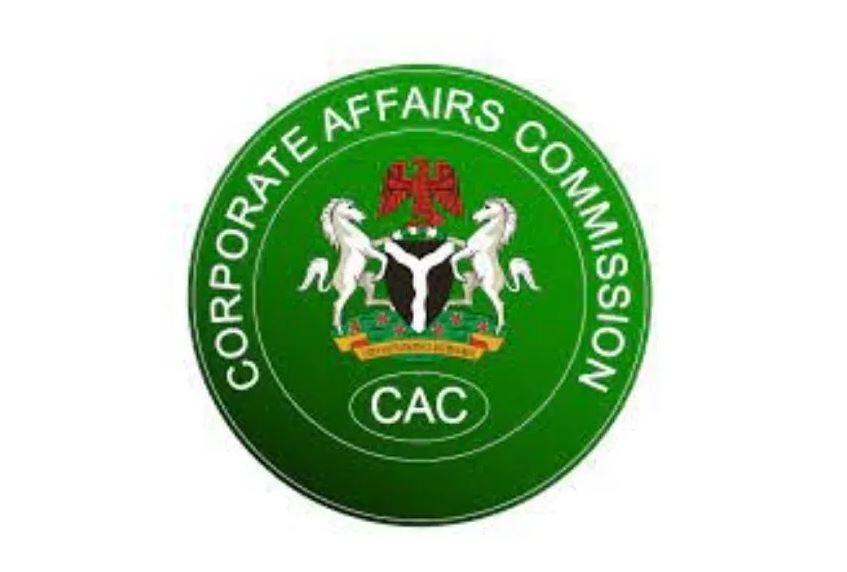The Corporate Affairs Commission (CAC) of Nigeria has said it will henceforth make public profiles of owners of companies.
The Registrar-General of CAC, Alhaji Garba Abubakar, made this known at the commission’s International Peer Learning Workshop on the use of the Beneficial Ownership Information Register. The event heralds the launch of Nigeria’s Open Register of Beneficial Ownership of Companies.
He said the register when unveiled, will be open to the public where everyone can view records of shareholders of companies online free of charge. He added that the initiative was aimed at supporting anti-corruption efforts in Nigeria and the world.
Anti-corruption initiative
Explaining the rationale for the open register initiative, Abubakar said:
- “The essence of getting the beneficial ownership information is to support the anti-corruption initiative of the government. Companies are the vehicles being used for corruption, illicit financial flow, and terrorism financing. When our investigating agencies are doing their investigation, they will be able to track those responsible for some of these illegal activities.”
While emphasising that innocent people do not have anything to worry about the initiative, Abubakar said that companies are required to disclose the persons that own the companies from the point of incorporation.
- “In the past, the law allows one to incorporate companies using a corporate arrangement that makes it impossible to know the ultimate beneficiaries of these companies. The concept of separate legal personality has changed, they are now required to disclose the natural persons that own these companies from the point of incorporation and when there is any change.
- “So, this information is for use by investigation agencies, the media, and civil society, and the whole essence is to ensure transparency and make this information available. If we have information to the contrary as to what is actually disclosed in the register then we can escalate
- “The register is supposed to support the anti-corruption initiative of the government and it is a global requirement,’’ Abubakar said.
Also speaking, Dr Orji Ogbonnaya Orji, the Executive Secretary of the Nigeria Extractive Industries Transparency Initiative (NEITI) described the initiative as apt in the fight against corruption.
- “People will like to know who owns what. So, because you are aware when you are registering a company you are now ready to provide those information. And when you provide that information it puts you on your toes to obey the laws, observe the business ethics, and be transparent and accountable, especially in the payment of taxes and observance of public entities.
- “Because we know that the owners of the company are known, if anything goes wrong it will not be a problem to track them. But when you own a company and people don’t know who you are, you can use that office to perpetrate all kinds of crime knowing that you cannot be found,” Orji said.
He added that when people know that their profile is well documented then they are most likely to comply with public ethics.
Ghana
Meanwhile, in Ghana it takes a lot of work for journalists and individuals to access information on the true owners of companies registered with the Registrar-General’s Department. The rule of thumb is for the persons seeking such information to make a formal request to the Registrar-General and wait till they are ready with it.
But the Nigerian example is something Ghana can learn from, so that people will not hide behind companies and pretend the company belongs somebody else.
Source: Samuel Dowuona || techfocus24

